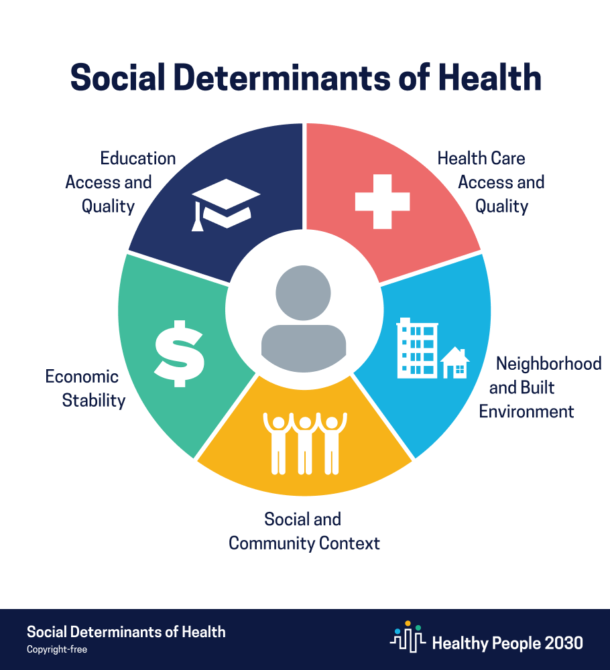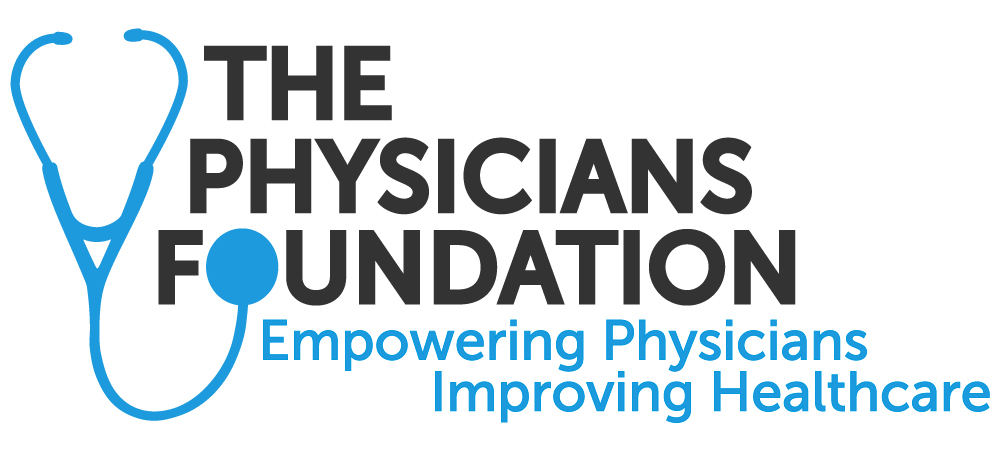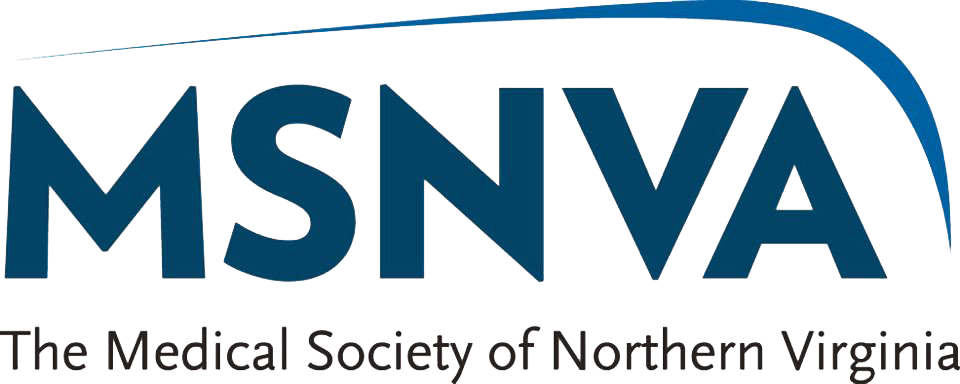Search by zip code
Social Services Navigator

What are social drivers/determinants of health?
Social drivers or determinants of health (SDOH) are the conditions in the environments where people are born, live, learn, work, play, worship, and age that affect a wide range of health, functioning, and quality-of-life outcomes and risks.
SDOH can be grouped into 5 domains: Economic stability, Education, Health Care, Environment, Social Community.

Social Drivers of Health
This program is designed for community physicians to support their efforts to incorporate Social Drivers of Health (SDOH) screenings into their workflow.
Health Care Access & Quality
Many people in the United States don’t get the health care services they need.
About 1 in 10 people in the United States don’t have health insurance.1 People without insurance are less likely to have a primary care provider, and they may not be able to afford the health care services and medications they need.
Sometimes people don’t get recommended health care services, like cancer screenings, because they don’t have a primary care provider. Other times, it’s because they live too far away from health care providers who offer them. Interventions to increase access to health care professionals and improve communication — in person or remotely — can help more people get the care they need.
Economic Stability
In the United States, 1 in 10 people live in poverty,1 and many people can’t afford things like healthy foods, health care, and housing.
People with steady employment are less likely to live in poverty and more likely to be healthy, but many people have trouble finding and keeping a job. People with disabilities, injuries, or conditions like arthritis may be especially limited in their ability to work.
Employment programs, career counseling, and high-quality child care opportunities can help more people find and keep jobs. In addition, policies to help people pay for food, housing, health care, and education can reduce poverty and improve health and well-being.
Neighborhood & Built Environment
The neighborhoods people live in have a major impact on their health and well-being.1
Many people in the United States live in neighborhoods with high rates of violence, unsafe air or water, and other health and safety risks. Racial/ethnic minorities and people with low incomes are more likely to live in places with these risks.
Interventions and policy changes at the local, state, and federal level can help reduce these health and safety risks and promote health.
Social & Community Context
People’s relationships and interactions with family, friends, co-workers, and community members can have a major impact on their health and well-being.
Many people face challenges and dangers they can’t control — like unsafe neighborhoods, discrimination, or trouble affording the things they need. This can have a negative impact on health and safety throughout life.
Positive relationships at home, at work, and in the community can help reduce these negative impacts. Interventions to help people get the social and community support they need are critical for improving health and well-being.
Education Access & Quality
People with higher levels of education are more likely to be healthier and live longer.
Children from low-income families, children with disabilities, and children who routinely experience forms of social discrimination — like bullying — are more likely to struggle with math and reading. They’re also less likely to graduate from high school or go to college. This means they’re less likely to get safe, high-paying jobs and more likely to have health problems like heart disease, diabetes, and depression.
In addition, the stress of living in poverty can also affect children’s brain development, making it harder for them to do well in school. Interventions to help children and adolescents do well in school and help families pay for college can have long-term health benefits
How Medical Practices Benefit from Participating
- To provide the best care, physicians and practices need to screen for and document patients’ social needs. By screening for SDOH, Physicians will be able to identify social needs that negatively affect health outcomes and use the information to leverage additional resources for your patients.
- Having a clear picture of patients’ socioeconomic needs is key to improving their health outcomes. Lack of food, housing, clean water, transportation, and employment, can have significant downstream effects on otherwise healthy patients.
- Social needs account for as much as 80% of health outcomes. Thus, identifying and addressing SDOH should be an integral part of family medicine practices.
- Social determinants of health (SDOH) can have a big impact on patient outcomes, so identifying and addressing them is key, especially as more payers move to value-based payment systems.
- Several screening tools are available to help practices identify social needs and facilitate conversations with patients.
- ICD-10 “Z” codes (Z55-Z65) can be used to document social determinants of health and give practices accurate data on the needs of their patient population.
- Using the social services navigator above, physicians who partner with MSNVA will be able to provide their patients with adequate resources in their zip-code to address the gaps discovered through screenings.
- The rationale for SDOH screening is simple: If you don’t ask, you won’t know. And if you do not know about a patient’s social needs, you cannot address them and provide the best care.
- Physicians may be spinning their wheels trying to get a patient’s blood pressure under control if you do not know that the patient is struggling with homelessness or unemployment, not simply making poor dietary choices or forgetting to take medication.
- Patients may not volunteer this information because they do not see the connection between SDOH and their health.
